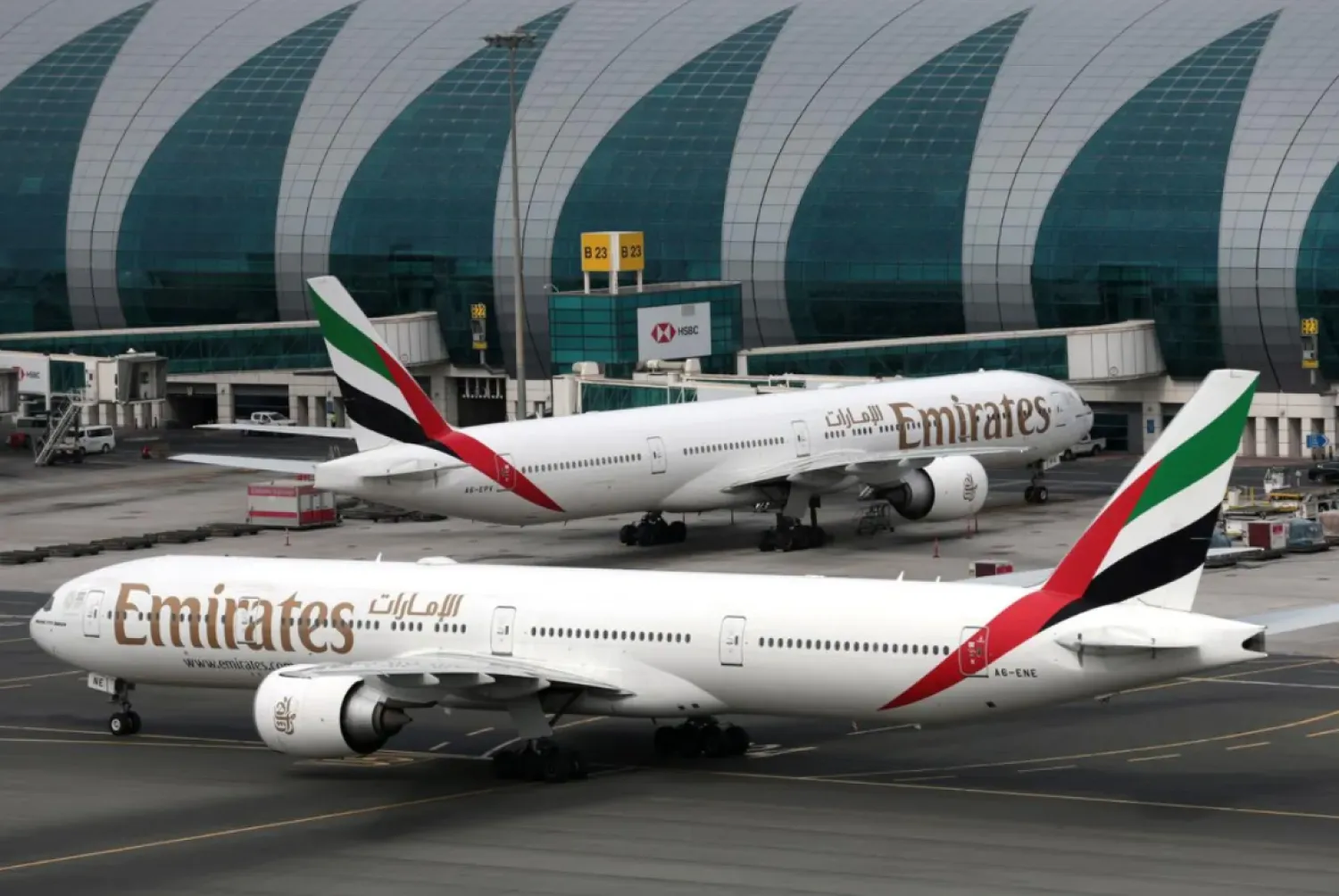The Saudi government has set a mechanism to provide travel permits for Saudi businessmen to Iraq and launched an electronic service through the Ministry of Commerce website to allow investors to explore commercial and investment opportunities and participate in forums, exhibitions and forums in Baghdad.
Saudi Arabia and Iraq are seeking to expand the volume of trade exchange.
Non-oil exports to Iraq during the past five years amounted to SAR 14.8 billion ($3.9 billion), with building materials representing the highest exporting sectors with a value of SAR 4.4 billion ($1.1 billion), followed by food products with SAR 4 billion ($1 billion).
According to information obtained by Asharq Al-Awsat, the Saudi General Authority for Foreign Trade (GAFT) has informed all local companies and institutions of the completion of the automation of the mechanism for travel permits for Saudi businessmen to Iraq and the launch of the service, taking into account the demands of the private sector to explore commercial and investment opportunities, and participate in economic events in the country.
The Saudi Export Development Authority (SEDA) organizes regular conferences between Saudi and Iraqi businessmen, the most recent of which were the meetings of the business sector, which were held on the sidelines of the Saudi-Iraqi Economic Forum, in May in Jeddah.
The event saw the participation of more than 190 companies from both sides, operating in various sectors, such as petrochemicals, packaging, building materials, food, and medicine.
Iraq was the guest of honor in the second edition of the “Made in Saudi Arabia” exhibition, which was held in Riyadh in mid-October last year, with the participation of more than 24 Iraqi companies from multiple sectors.
The decision to select Iraq as the guest of honor came as an extension of the strong economic ties between Riyadh and Bagdad. The Jadidat Arar land port in the northern Saudi border region, which was opened two years ago, is one of the gateways to commercial movement between the two countries.
A recent study by the Chamber of Commerce and Industry in the Northern Border Region said that bilateral trade movement witnessed growth last March to about SAR 381 million ($101.6 million), compared to about SAR 305 million ($81.3 million) in January.
Tel:









